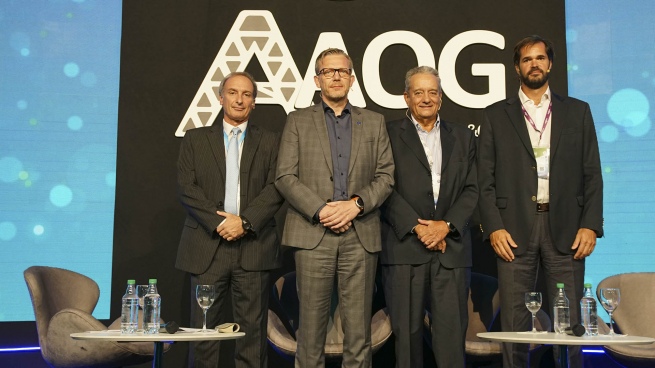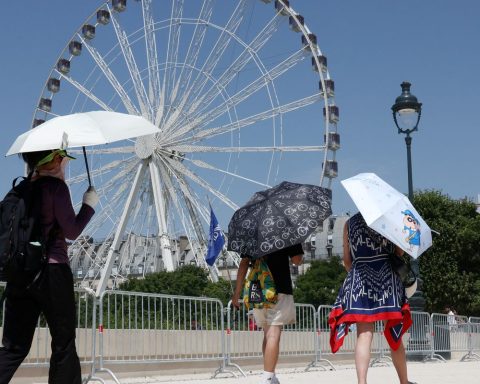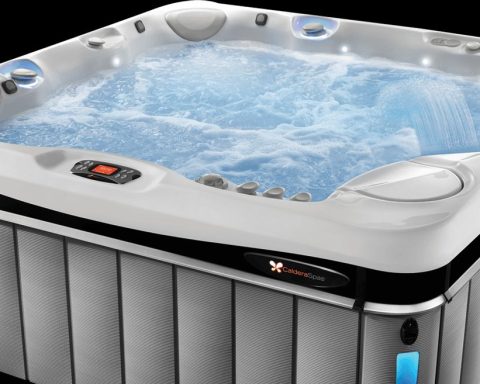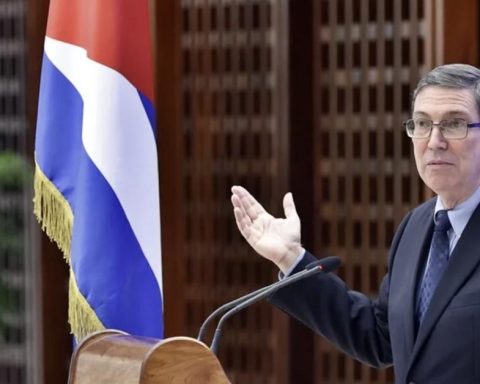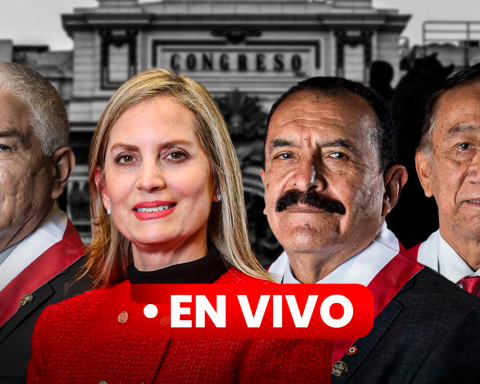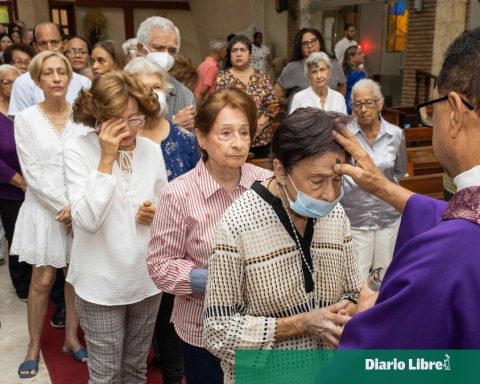The CEO of Pan American Energy (PAE), Mark Bulgheroniproposed on Tuesday the formation of a consortium of oil companies led by YPF that allows the development of a global weight LNG export project for Vaca Muerta natural gasin a context of international demand that is expected to remain firm in the long term.
This was stated this afternoon in the framework of a talk held within the framework of the thirteenth Argentina Oil & Gas Exhibitionin which one of the main topics of debate in the industry is the necessary conditions to develop Argentina’s capacity to export gas and oil, in the current context of geopolitical reorganization and energy transition.
In the so-called Meeting with CEOs space, Bulgheroni considered it necessary “rearrange priorities and find a balance” in the current situation to “develop Vaca Muerta and the other oil and gas projects because that will allow the country’s matrix to change.”
For this, one of the requirements set forth in the exhibition by the majority of the directors of the operating companies is “expand transport capacity and find the country’s markets with the world because after many years of development, the industry knows how to produce efficiently and it is time to develop it”.
Among the projects mentioned by Bulgheroni, the construction of a Liquefied Natural Gas plant was highlighted, which will require an investment of between 10 and 15 billion dollars, together with a gas pipeline from Vaca Muerta and storage and port infrastructure for the generation of 4, 5 to 13 million tons of LNG, depending on the progressivity of the project.

“This can be achieved through a consortium led by YPF, and we want it to include all the producers that are the operators of moleculeswith companies that have had experience in managing these plants and potential buyers,” said the CEO of PAE.
Bulgheroni also highlighted the possibility of “connect Vaca Muerta with the Norte Grandeclosing the ring with the carriers TGS and TGN to start looking for foreign markets”, in particular the demanding south of Brazil, a country to which it could “export in a sustained manner”.
This demand can be supplied with a Buenos Aires-Porto Alegre ring and a second from Montevideo, even redirecting the northern gas pipeline where gas is currently transported from Bolivia to Argentina, to jointly “be more efficient and competitive with volumes of 30 to 40 million cubic meters (mm3) per day” for the main market in the region.
“From the government,” he affirmed. we need clear long-term signals, guarantees that the gas will flow, firm contracts and even country-country agreementsto give it an international framework and of course access to foreign currency to finance and repay this project, for example through a trust so that part of those dollars can pay for that investment”.
Another of the speakers on the panel, the president of Shell ArgentinaSean Rooney, assured that the unconventional operators that are in Neuquén “they are already competing with the world and with an anticipated demand for many years. It’s time to start taking advantage of it.”

“Vaca Muerta and off shore are complementarybecause to check resources in the sea will be usable by 2030moment in which the non-conventional ones will be in full development and will allow the income it generates to accelerate the next stage”, considered the director of the Anglo-Dutch firm.
Finally, Rooney explained that the company “is adjusting investments in minimum impact developments, so the goal is to continue supplying reliable energy, with minimum impact, both for the domestic market and for export to the world with foreign exchange that the country can use in gas, renewables and carbon capture”.
Lastly, the president of Argentina and the Southern Cone of the firm Total Energies, Javier Rielo, affirmed that “Argentina can achieve much more than the goal of one million barrels in shale” predicting that “crude oil production will continue to grow worldwide in oil and gas and in that growth to meet demand, the country has the advantage of Vaca Muerta and offshore development.”
However, Rielo warned that “there is a long way to go and several stages to pass before thinking of great things that end up being pharaonic.”
“It is very nice to export but you have to guarantee winter gas that comes to satisfy local demand and for that it is necessary for things to be clear”, concluded the director of the French capital firm.
